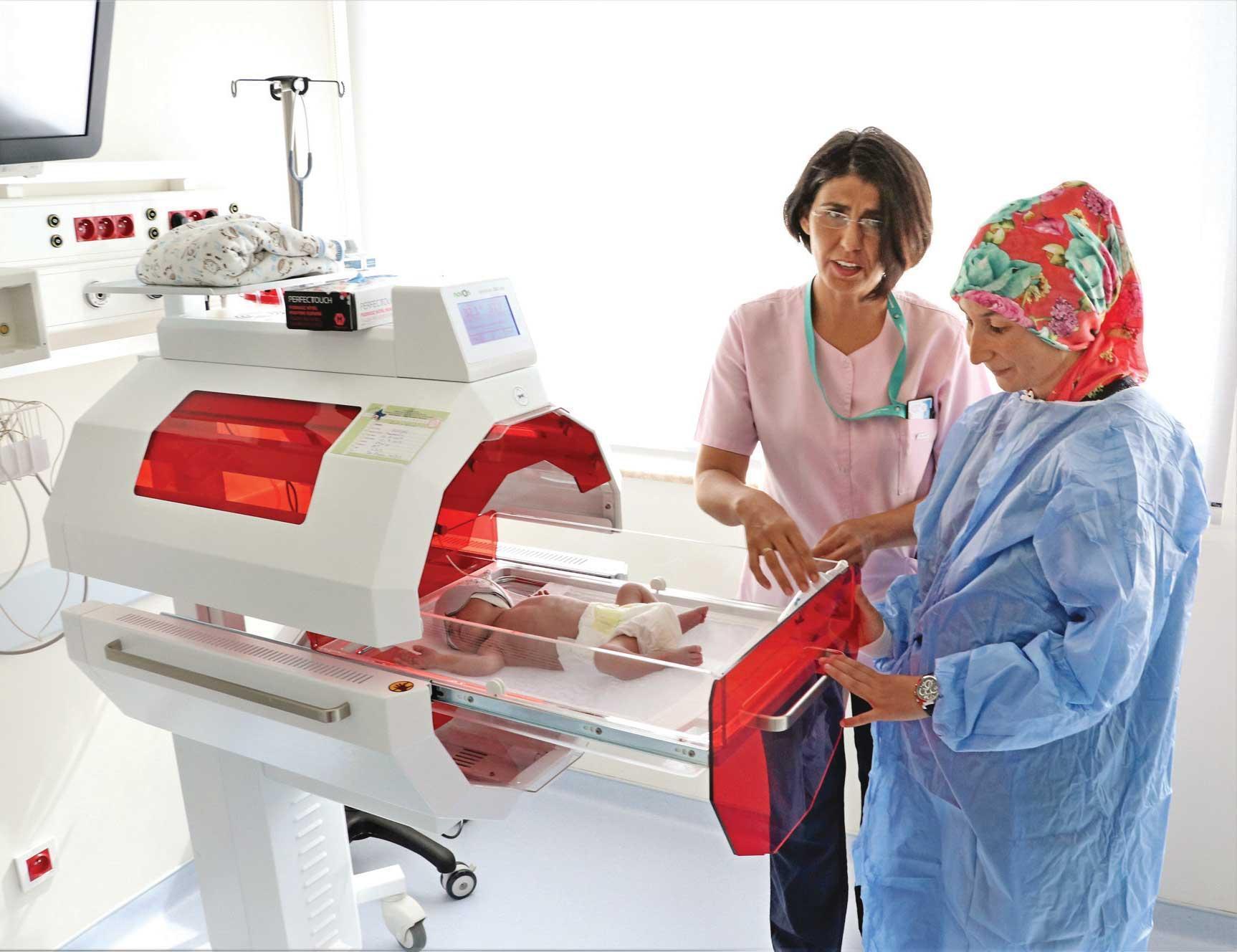UNFPA envoy applauds increase in women’s access to health services in Turkey
Sevil Erkuş - ANKARA

United Nations Population Fund (UNFPA) Turkey Representative Karl Kulessa has told the Hürriyet Daily News that Turkey’s health performance indicators are “very impressive,” discussing the UNFPA’s new report “The State of World Population 2017.”
The visible increase in women’s health care services in Turkey over the last 10 years “demonstrates that Turkey is doing something right in the health field,” Kulessa said.
The main theme of the 2017 report, titled “Worlds Apart: Reproductive Health and Rights in an Age of Inequality,” is “inequality.” The study particularly focuses on the negative reflection of income inequality on women’s access to reproductive health services and rights.
“When we look at Turkey, women from the lowest to the highest income grades are able to access health services and qualified doctors. They can get the health services and information they needed both during and after pregnancy,” Kulessa said.
In Turkey, the number of deaths of mothers in childbirth is 16 in 100,000 births, according to the report, which also revealed that 97 percent of deliveries in the country were from 2006-16 were made by expert doctors.
Kulessa stressed the importance of women playing an active role in the workforce and the strong link between education and women’s healthier and more productive lives.
Just 10 percent of managers in Turkey are women
However, the report shows that gender inequalities in work opportunities are apparent in the lower proportion of women who hold more senior positions in the workplace in Turkey.
Among a group of 126 countries, territories and other areas, only in Colombia, Jamaica and Saint Lucia do women hold at least half of management positions. In most instances, women account for between 20 percent and 40 percent of all managers, while in 27 countries or territories fewer than 20 percent of all managers are women.
Turkey is in the latter category, with slightly more than 10 percent of managers being women, according to the report.
Unless inequality is urgently tackled and the poorest women are empowered to make their own decisions about their lives, countries could face unrest that threatens their development goals, the report states.
The report stresses that failure to provide reproductive health services, including family planning, to the poorest women can weaken economies and sabotage progress towards the number one sustainable development goal: Eliminating poverty.
Limited access to family planning translates into an average of 89 million unintended pregnancies and 48 million abortions in developing countries every day, it adds.
















